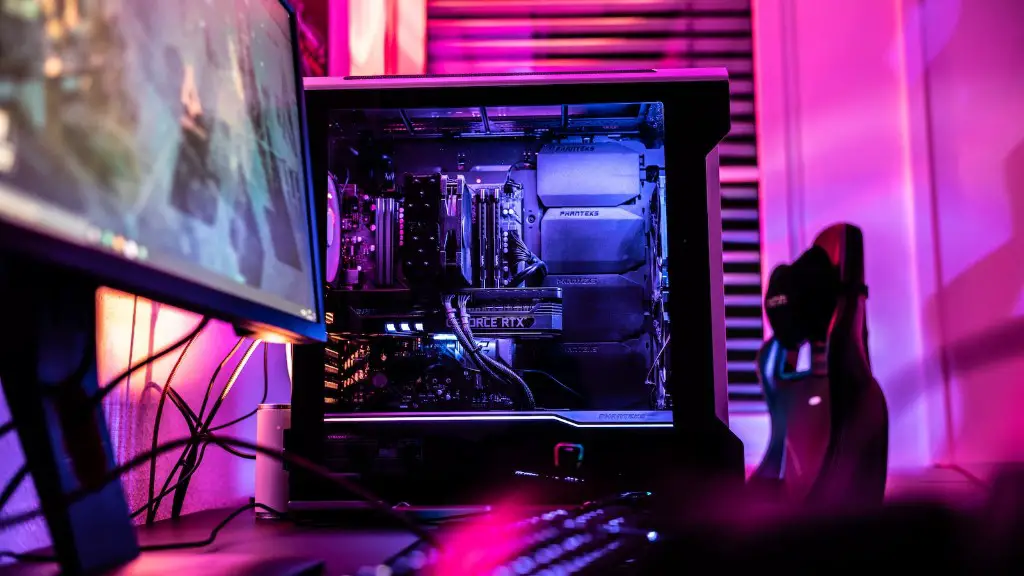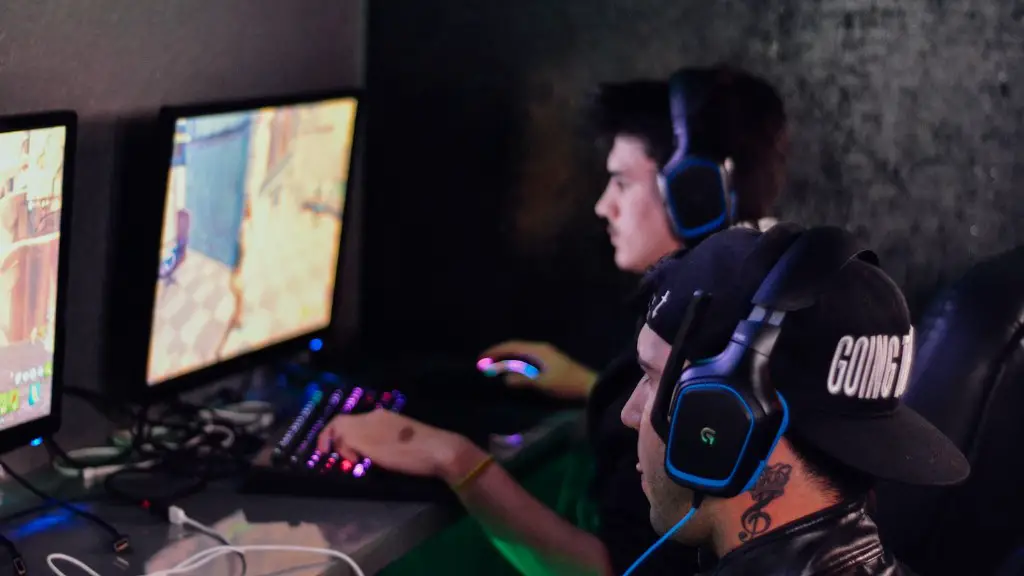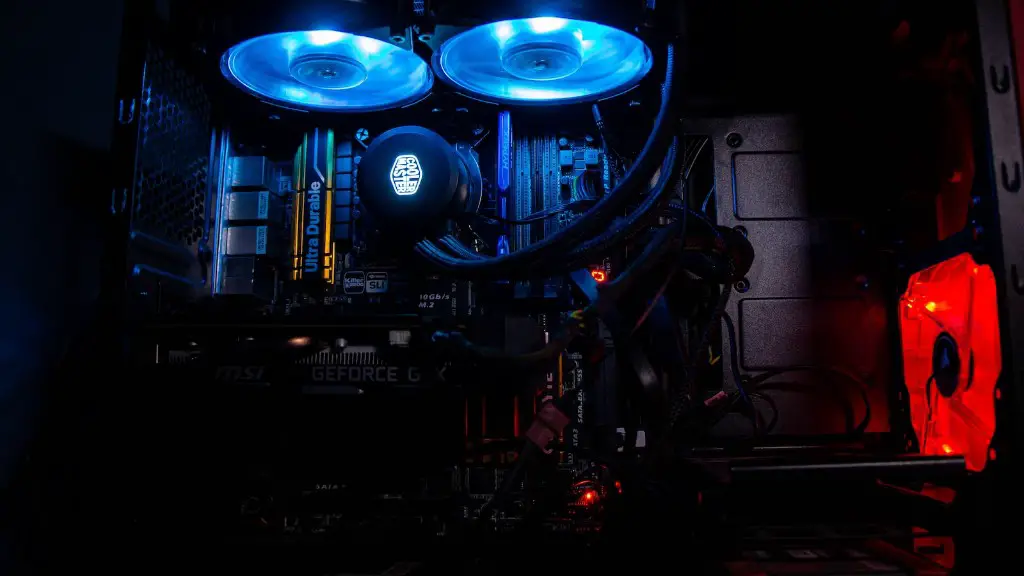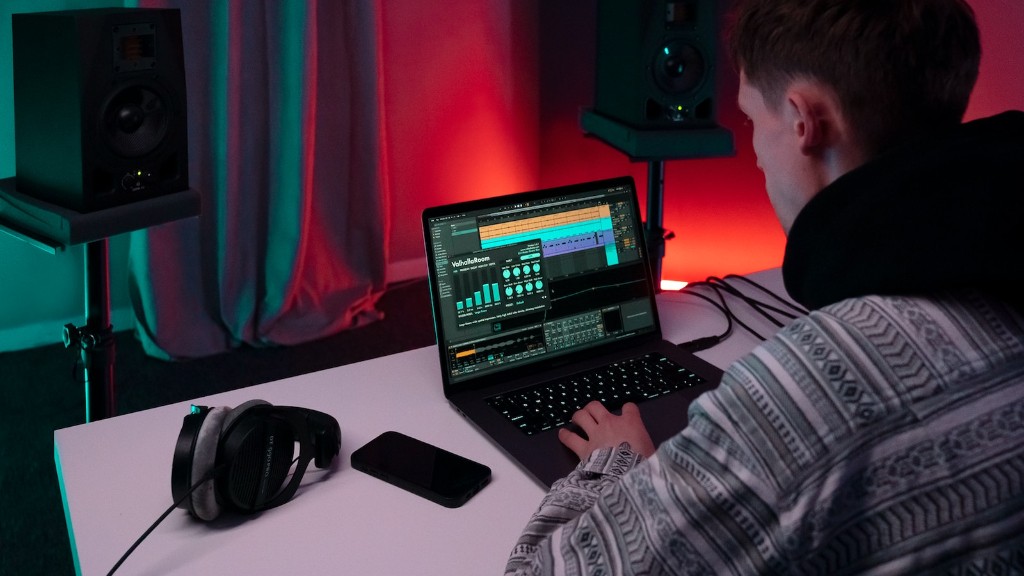At the core, a gaming PC is a high-powered computer designed to run intensive video games. But what is the cost of such a rig? While there’s no straightforward answer, this article will explain the various factors that affect the cost of gaming PCs and provide guidelines on building a budget-friendly PC rig.
Building an entirely new gaming PC can be more costly than buying a pre-built desktop. But, building your own can offer a few advantages. For one thing, you get complete control over what components you choose and how powerful the machine is. You can also customize elements like the case, lights and cooling system. However, the cost of purchasing individual components is usually higher than buying a prebuilt desktop.
When shopping for components, look for ones that are designed to run modern games smoothly. The two main components to consider are the CPU (Central Processing Unit) and the GPU (Graphics Processing Unit). It is usually wise to invest in a modern CPU with high clock speed and at least two cores. GPUs, on the other hand, range from budget models to top-of-the-line cards that offer exceptional performance. Other components such as RAM, power supply, and storage should also be carefully chosen.
Generally, PCs starting at $500 can provide a fairly good gaming experience. But as you go higher in price, you get more power and expandability. Spending around $1000 can get you into a decent gaming PC setup with a decent monitor and other peripherals. And if your budget is higher, you can go for richer components and buy a VR-ready gaming PC.
Finally, the cost of a gaming PC can be reduced by opting for second-hand components or cheaper alternatives. Buying components from second-hand stores or online auctions can often save you money. Similarly, you can look for cheaper alternatives of popular components. For example, you could opt for an AMD processor instead of an Intel processor or a generic brand rather than a popular one.
Factors Affecting The Price Of a Gaming PC:
When looking for a gaming PC, the price is the first thing most people consider. The cost of building or buying a gaming PC varies significantly depending on several factors, including the power of the components, manufacturer, and type of gaming PC.
The performance and components of a gaming PC will have the most significant impact on its price. More powerful components and parts like the CPU and GPU, advanced cooling systems, and a larger number of additional peripherals will cost more. Similarly, more expensive materials used on the case and more advanced lighting systems will add to the price of the gaming PC.
Cost of gaming PCs can also be affected by the manufacturer. Popular PC makers like Alienware are known to offer their rigs at a higher price compared to smaller manufacturers. Similarly, custom-made gaming PCs and gaming laptops tend to be more expensive than non-gaming PCs.
The type of gaming rig also affects the cost. For example, a pre-built desktop from a known manufacturer will cost more than building a gaming PC from individual components. A dedicated gaming laptop will also be more expensive than a desktop due to their higher portability costs. Additionally, a VR-ready gaming PC will usually cost more than an average gaming rig.
Building a gaming PC from scratch takes more time and resources, but it is a great way to save money. It’s not only cheaper than buying an entire gaming PC, but you also have the freedom to select components with excellent specifications and to customize the PC to fit your needs. This is especially useful if your budget is tight, as cheap components are available in the market.
Tips For Building A Budget-Friendly Gaming PC Build:
Building a gaming PC on a budget is possible, but it’s not as simple as it sounds. You need to be mindful of what components you choose to ensure that you get maximum value. Here are some tips to help you get started building a budget-friendly PC build.
First of all, you should always start by setting a budget. Decide how much you are willing to spend and stick to it. You can then use the budget to narrow down the options for components.
Next, you should identify components that suit your budget. Search for components that offer good value in terms of performance, durability, and quality. This can help you get more performance out of the components with the lowest possible price. Try to avoid buying components that are overpriced.
When shopping for components, you should compare prices and read reviews of the components. This can help you find the best deals and prevent you from buying overly expensive parts.
Finally, consider buying refurbished components. Refurbished parts are components that have been recycled and sold at a discounted price. However, make sure you do your research before buying such components.
Tips To Save Money On a Gaming PC:
Saving money on a gaming PC is possible but takes some effort. Here are some tips that can help you save money on a gaming PC.
First of all, take advantage of discounts and rebates. Many retailers and manufacturers offer discounts on their products. Look online or in stores to find deals that can help reduce the price of components.
You can also try to buy components in bulk. Buying several components at once can often give you access to better discounts. Additionally, you can look for bundle deals that include several components at a discounted rate.
Another way to save money when building a gaming PC is to look for cheaper alternatives to expensive components. For example, an AMD processor might be a cheaper alternative to an Intel processor or a generic brand of a GPU might be cheaper than a popular one.
Finally, you can look for good deals on second-hand components. Make sure to check the condition of the components and do research on the current market prices before buying them.
Tips For Choosing The Right Components For Your Gaming PC:
Choosing the components for a gaming PC is not an easy task. There is no one-size-fits-all solution when it comes to gaming PCs. However, there are some considerations to keep in mind when picking components that can help ensure you get the best performance for your budget.
The components you need depend on the type of games you want to play and the level of performance you require. For example, high-end games will require more powerful CPUs, GPUs, and RAM than less demanding games. Similarly, if you want to use your PC for other tasks such as video editing, you might need additional components such as a larger hard drive.
When choosing CPU and GPU, look for ones that offer good performance and compatibility with the other components. For RAM and storage, aim for components that offer fast data transfer speeds and larger capacity. Additionally, consider the type of cooling system you need, as the temperature of a gaming PC is an important factor.
Finally, make sure to research and compare different components before buying them. Check reviews and prices, and compare warranties from different vendors. This can help you choose the best components for your gaming PC build.



